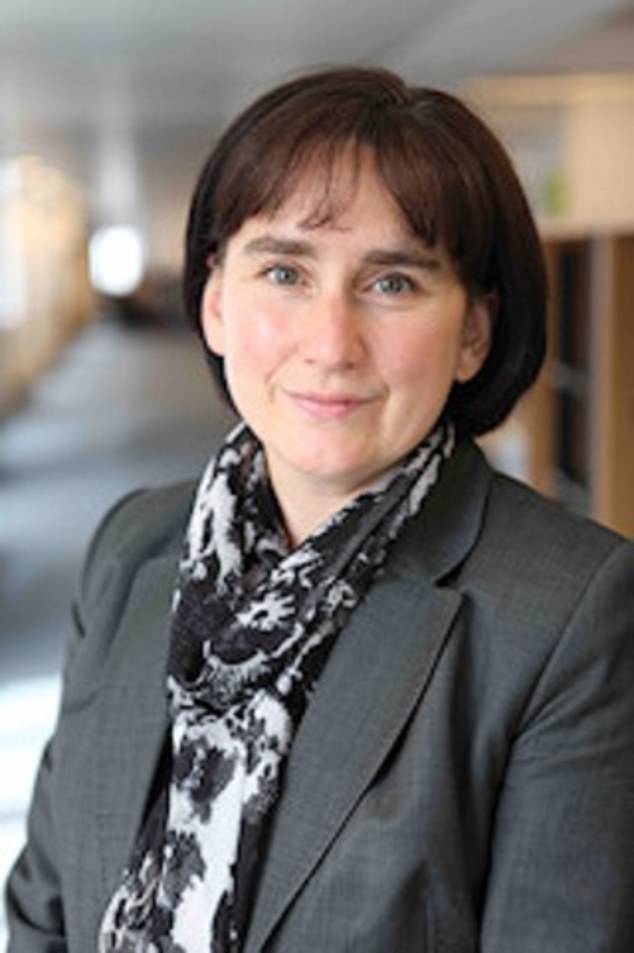- Have you been told to email your GP instead of calling them? Email: Cameron.Charters@mailonsunday.co.uk
A senior coroner has written a warning to the government about GP practices asking patients to email rather than call after a man died because staff ignored him.
Allan Hamilton was struggling to breathe when he sent an email asking for help on November 14, having been told at previous visits to his GP not to call for assistance.
But his email was ignored for three days and he was found dead at his home on November 19, from pneumonia and heart disease.
Alison Mutch, a senior coroner in Manchester, said his death was preventable and wrote to the Department of Health in what is known as a “Preventing Future Deaths Report”.
Alison Mutch, senior coroner in Manchester, has produced a report on preventing future deaths
In her letter, Ms Mutch said: “In Mr Hamilton’s case, effective scrutiny of his enquiry and the follow-up contact from his GP on 14 November and medical advice would likely have meant he would not have died when he did.”
An inquest into his death found the GP, owned by SSP Health based in the north-west of England, had adopted a system whereby his contact was “electronically encouraged”.
But most importantly, the investigation found that the electronic system used by the clinic had no means of tracking and classifying emails according to their importance.
Ms Mutch found: “The practice had no system in place to track email enquiries such as the one sent by Mr Hamilton and there was no clear system in place to classify emails such as the one he sent.”
An “effective” electronic communication system only works if there is a “clear and robust process” for verifying patients’ contacts, the coroner said.
Ms Mutch said there should also be a “clear audit trail” and “effective selection” by medically qualified team members.
Her report has been sent to the Department of Health and Social Care and SSP Health and both organisations have 56 days to respond to her request.
“I believe that steps must be taken to prevent future deaths and I believe that you have the power to take such steps,” Ms Mutch added.
Only in July did an investigation by the Health Services Security Investigations Branch (HSSIB) expose flaws in the shift to online communication.
In several cases, online consultations, as opposed to in-person meetings, were mentioned in reports of preventing future deaths.
In a summary of the report, its authors found: ‘There is concern that these tools could contribute to patient safety incidents.
‘The future of healthcare includes technology to help deliver care, but this must be done while recognising any potential risks to patient safety.’


